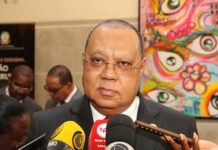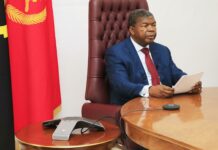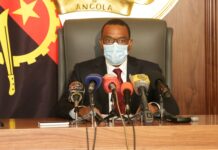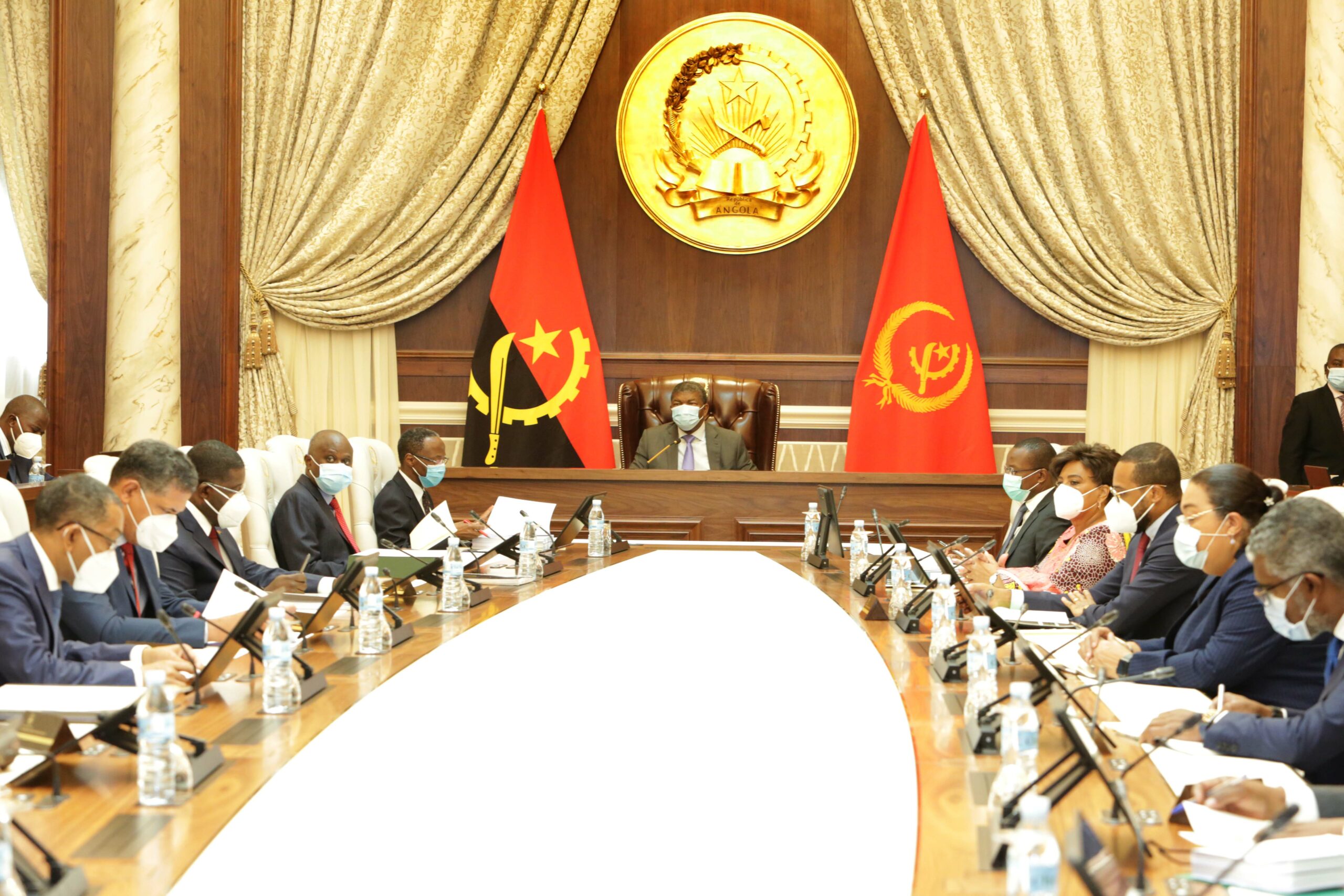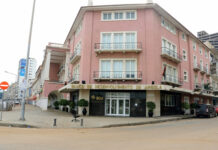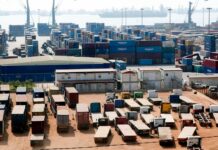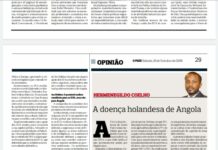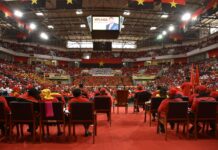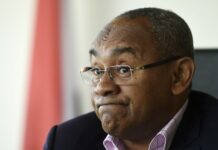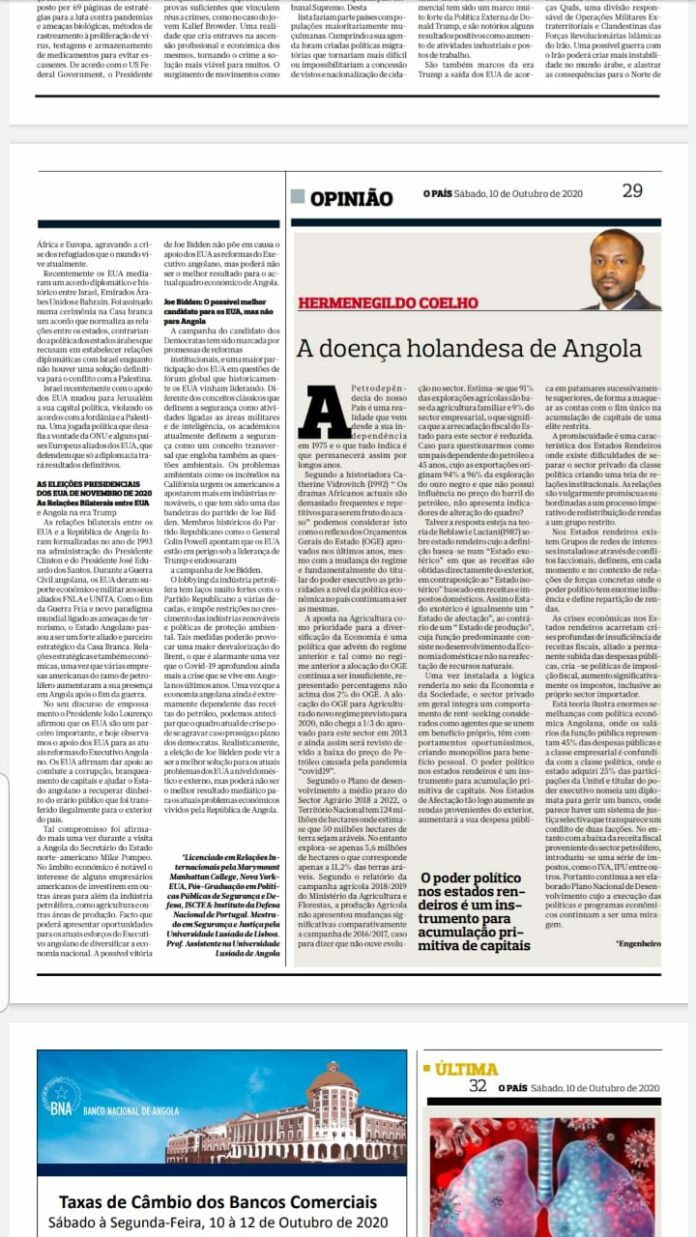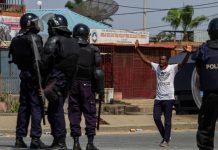The pet of our country is a reality that comes since its independence in 1975 and what everything indicates is that it will remain so for long years. According to the historian Catherine Vidrovitch (1992) “The current African dramas are too frequent and repetitive to be the result of chance” we can consider this as a reflection of the General State Budgets (OGE) approved in the last years, even with the change of the regime and fundamentally from the holder of the executive branch, the priorities in terms of economic policy in the country remain the same.
The bet on Agriculture as a priority for the diversification of the Economy is a policy that comes from the previous regime and, as in the previous regime, the allocation of the OGE remains insufficient, representing percentages, not above 2% of the OGE. The allocation of the OGE to Agriculture of the new regime planned for 2020, does not reach 1/3 of the approved for this sector in 2013 and will still be revised due to the drop in the price of oil caused by the pandemic “covid19”. According to the Medium-Term Development Plan for the Agrarian Sector 2018 to 2022, the National Territory has 124 million hectares where an estimated 50 million hectares of land are arable. However, only 5.6 million hectares are exploited, which corresponds to only 11.2% of arable land. According to the 2018/2019 agricultural campaign report from the Ministry of Agriculture and Forestry,
It is estimated that 91% of farms are the basis of family farming and 9% of the business sector, which means that the State’s tax revenue for this sector is low. Should we question how a country that has been dependent on oil for 45 years, whose exports originate 94% to 96% of the exploitation of black gold and that has no influence on the price of a barrel of oil, does it not present any indicators of changes in the situation? Perhaps the answer lies in the theory of Beblawi and Luciani (1987) about the rentier state whose definition is based on an “exoteric state” in which revenues are obtained directly from abroad, as opposed to the “esoteric state” based on domestic revenues and taxes.
Thus, the exoteric State is also a “State of affectation”, as opposed to a “State of production”, whose predominant function is the development of the domestic economy and not the reallocation of natural resources. Once the logic was installed, it would pay off in the midst of the Economy and Society, the private sector, in general, integrates a behavior of rent-seeking considered as agents that unite for their own benefit, have very opportune behaviors, creating monopolies for personal benefit.
Political power in the rentier states is an instrument for primitive capital accumulation. In the States of Affection, as soon as incomes from abroad increase, their public expenditure will increase at successively higher levels, in order to make up the accounts with the sole purpose of accumulating capital from a restricted elite. Promiscuity is a characteristic of Lace States where there are difficulties in separating the private sector from the political class, creating a web of institutional relations. Relationships are usually promiscuous, subject to an imperative process of income redistribution to a restricted group.
In the rentier States, there are groups of interest networks installed and through factional conflicts, they define, at each moment and in the context of concrete power relationships where political power has enormous influence and defines income distribution. The economic crises in the rentier states lead to deep crises of insufficiency of tax revenues, coupled with the permanent increase in public spending, fiscal imposition policies are created, significantly increasing taxes, including the importing sector itself.
This theory illustrates enormous similarities with Angolan economic policy, where civil service salaries represent 45% of public expenditure and the business class is confused with the political class, where the state acquired 25% of Unitel’s holdings and the holder of executive power appoints a diplomat to run a bank, where there appears to be a selective justice system that shows a conflict between two factions. However, with the drop in tax revenue from the oil sector, a series of taxes were introduced, such as VAT, IPU, and others. Therefore, the National Development Plan continues to be developed, whose implementation of economic policies and programs remains a mirage.
Hermenegildo Coelho

